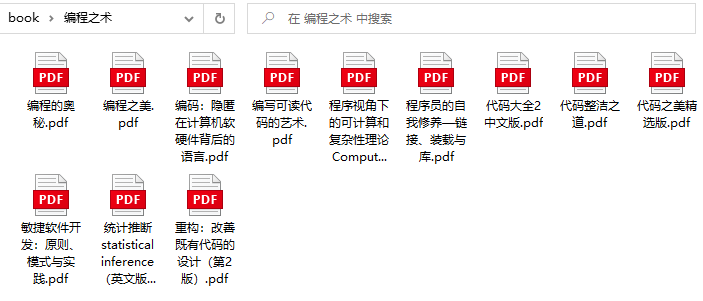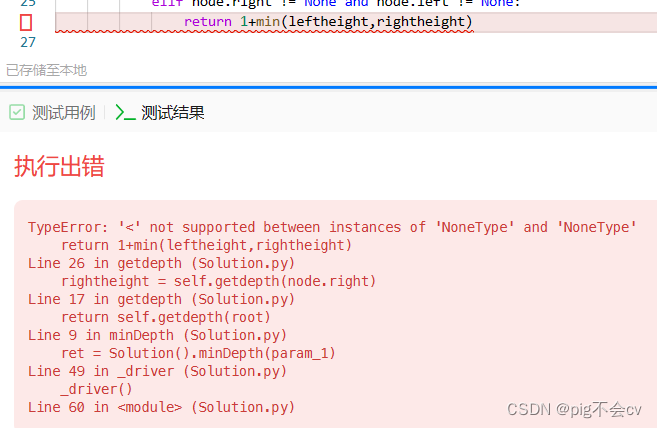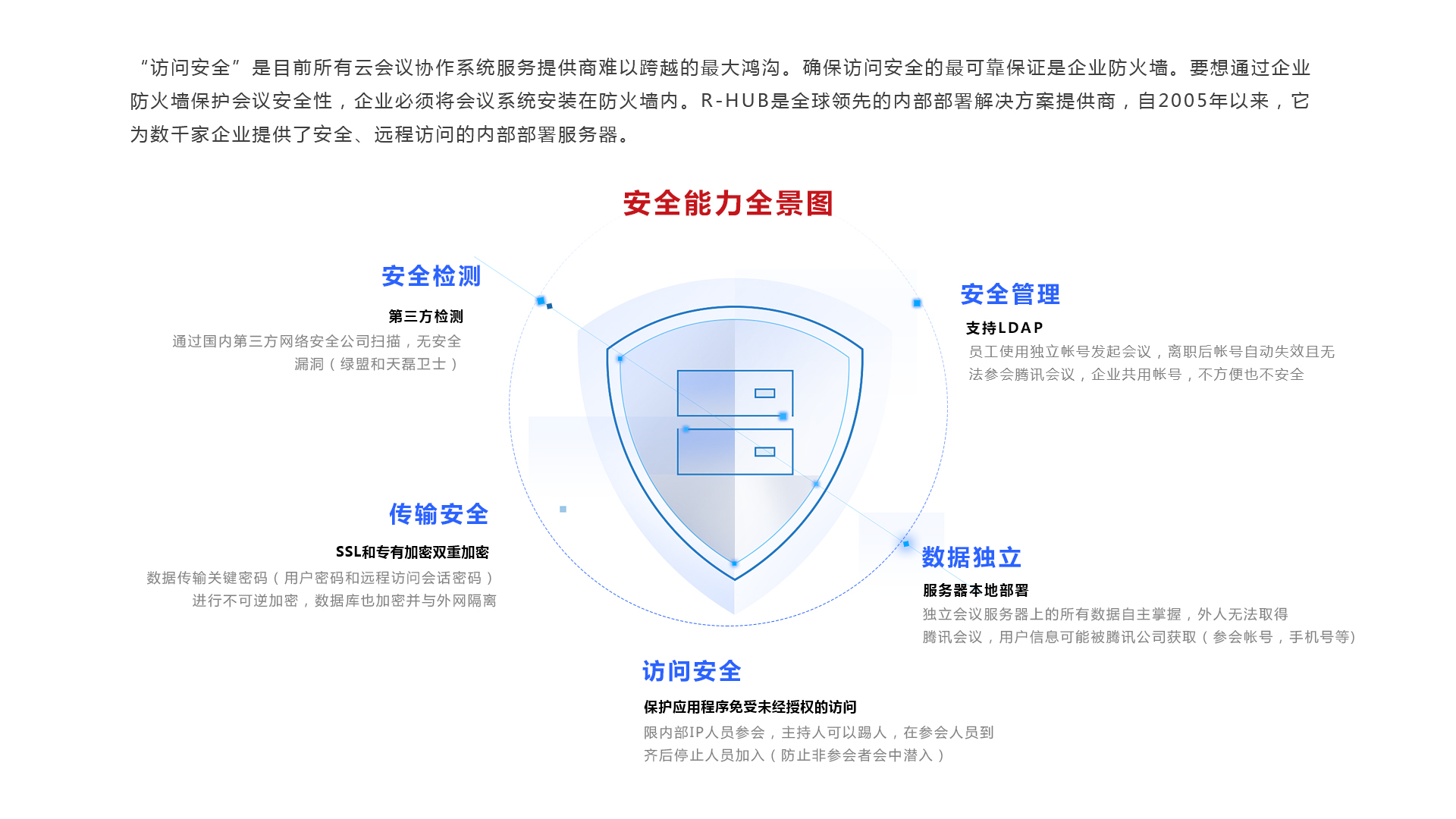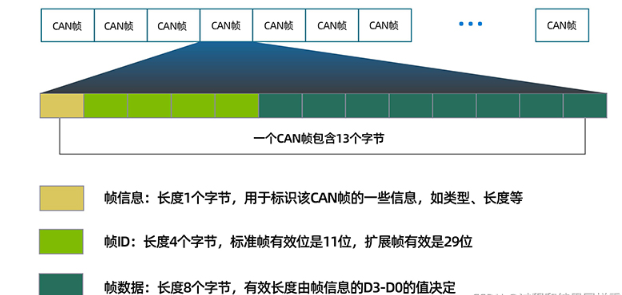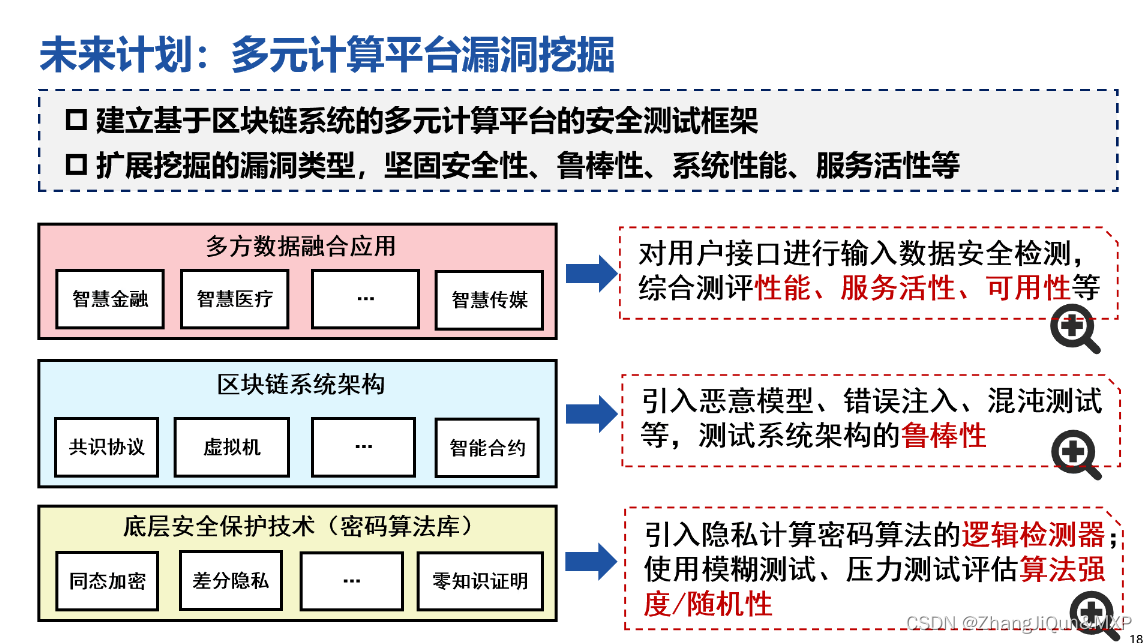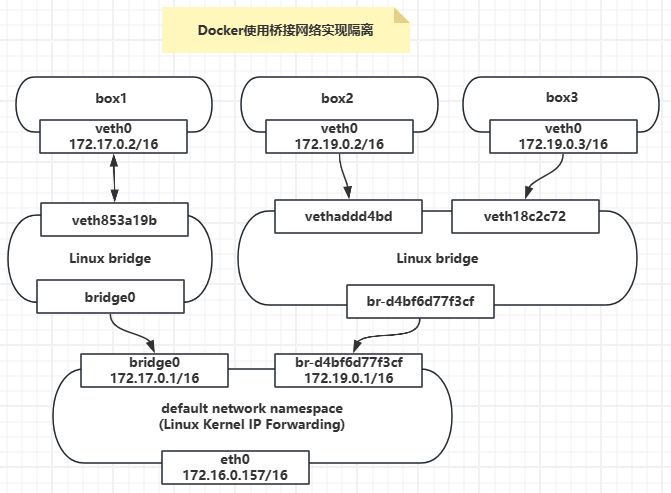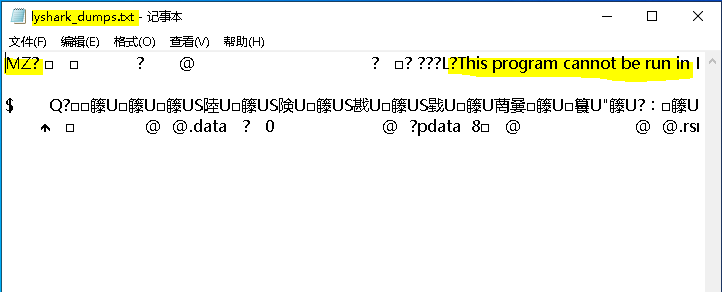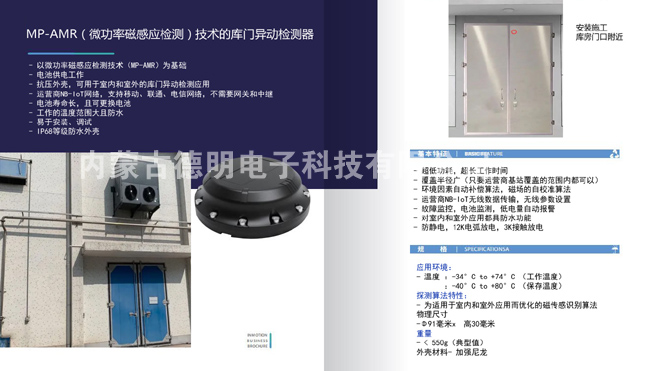写在前面
通过 ghidra 工具, 但是只能用命令行启动, 不太舒服, 写个脚本生成 MacOS 的 app 格式并导入启动台.
不算复杂, 主要是解析包的一些元信息还有裁剪软件图标(通过 MacOS 自带的 API)
脚本
#!/opt/homebrew/bin/python3
import os
import re
import subprocess as sp
base_path = "/Applications"
app_name = "Ghidra"
exec_file = "ghidraRun"
target_path = f"{base_path}/{app_name}.app/Contents"
if not os.path.exists(target_path):
print(f"{target_path} not exists, creating.")
cmd = f"mkdir -p {target_path}/{{MacOS,Resources}}"
os.system(cmd)
""" target layout
.
└── Contents
├── Info.plist
├── MacOS
│ └── ghidraRun -> /opt/homebrew/bin/ghidraRun
└── Resources
└── logo.icns
"""
# 0. get meta Info
_, brew_prefix = sp.getstatusoutput("brew --prefix")
_, brew_info = sp.getstatusoutput(f"brew info {app_name}")
if brew_info.find("Not installed") != -1:
print(f"{app_name} not installed, install...")
os.system(f"brew install {app_name}")
version_num = re.match(r"==>.*?(\d+\.\d+\.\d+)[\s,]", brew_info).group(1)
exec_dir = re.findall(r"==> Artifacts\s(.*?)\(Binary", brew_info)[0].strip()
installed_dir = exec_dir[: exec_dir.rfind("/")]
img_file = f"{installed_dir}/docs/images/GHIDRA_1.png"
# 1. create soft link
src_exec = f"{brew_prefix}/bin/{exec_file}"
print(f"create soft link : {src_exec} => {target_path}/MacOS/{exec_file}")
os.system(f"ln -s {src_exec} {target_path}/MacOS/{exec_file}")
# 2. create icon by using sips
print(f"resize png file {img_file}")
tmp_img_file = "tmp.png"
os.system(f"sips -z 512 512 {img_file} -o {target_path}/{tmp_img_file}")
icns_file = "logo.icns"
print(f"generate icns file {icns_file}")
os.system(
f"sips -s format icns {target_path}/{tmp_img_file} -o {target_path}/Resources/{icns_file}"
)
os.system(f"rm {target_path}/{tmp_img_file}")
# 3. create Info.plist
info_plist = f"""<?xml version="1.0" encoding="UTF-8"?>
<!DOCTYPE plist PUBLIC "-//Apple//DTD PLIST 1.0//EN" "http://www.apple.com/DTDs/PropertyList-1.0.dtd">
<plist version="1.0">
<dict>
<key>CFBundleName</key>
<string>{app_name}</string>
<key>CFBundleExecutable</key>
<string>{exec_file}</string>
<key>CFBundleIdentifier</key>
<string>org.{app_name}</string>
<key>CFBundleDisplayName</key>
<string>{app_name}</string>
<key>CFBundleVersion</key>
<string>{version_num}</string>
<key>CFBundleIconFile</key>
<string>{icns_file}</string>
</dict>
</plist>"""
print(f"write info.plist to {target_path}/Info.plist")
with open(f"{target_path}/Info.plist", "w") as f:
f.write(info_plist)
更新地址;
可以放在任意位置, 执行之后应该就会出现火龙的标志了:


